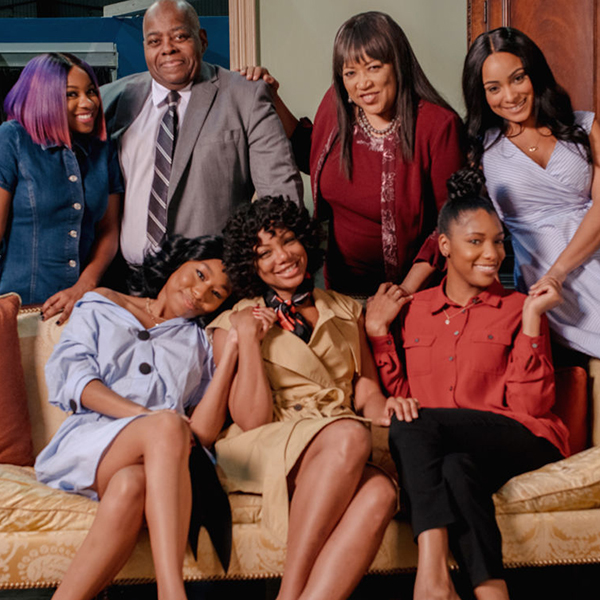Christian women offended by Lifetime’s all-black film, ‘Pride and Prejudice: Atlanta’
Article By Ann Adams // EEW Magazine Entertainment
Uh-oh. Lifetime’s new all-black movie, Pride and Prejudice: Atlanta, written by Tracy McMillan, has left some readers of EEW Magazine, the nation’s leading publication for women of faith and color, irate. Why? What is all the fuss about?
Well, according to the film’s harshest critics, it makes black women look desperate for a husband and shows the black church in a bad light—as if it were only a place where lonely women go to snag an eligible bachelor, instead of a destination to worship God, learn His word, and be a positive force for change in the community.
“We are not that desperate!” said Colleen, a 36-year-old African-American Atlanta resident in an angry email to EEW Magazine’s editors after viewing the made-for-TV romantic comedy. “Why characterize beautiful Black women as less-than-whole or incomplete without a husband? Ugh!”
Photo Credit: Lifetime
“We have received dozens of frustrated emails just like that one,” says Rebecca Johnson, EEW’s longtime editorial director. “When our readers ask why women are characterized in this way, it’s a valid question, and should be addressed. Pew research shows that nearly 40% of Black Christian women have never been married, and lots of them are just fine with that.”
To understand the story’s origins, one must travel back in time to 1813, when Pride and Prejudice, written by Jane Austen, was first published. Back then, women’s values, virtues, roles, rights, and options were quite different. Ladies were groomed for marriage, which was seen as a way to strengthen a family’s social position.
The film Pride and Prejudice: Atlanta, directed by Rhonda Baraka, a quirky, clunky modern-day interpretation of Austen’s 19th century classic, makes it glaringly obvious that the themes of the original romance novel are not very modern. Despite being successfully remade multiple times over the past 80 years, it is not surprising that the plot does not appeal to forward-thinking Black Christian women. Quite frankly, the storyline has left a bad taste in some viewers’ mouths.
Photo Credit: Lifetime
“Simply put: Pride and Prejudice is not well-suited to modern audiences—especially not progressive women of faith and color,” notes Johnson.
The cast is led by Reginald Vel Johnson, who plays Reverend Bennet, a pastor of a well-established Southern Baptist church, and his wife, First Lady Bennet (Jackée Harry), the author of a book about how to find the perfect husband (even though all five of her daughters remain single).
The Bennet family’s daughters are Lizzie (Tiffany Hines), Jane (Raney Branch), Mary (Brittney Level), Lydia (Reginae Carter) and Kitty (Alexia Bailey).
While some components of McMillan’s script highlight the independence, intelligence, and strong will of the Black woman, the dominant themes make women (particularly Black women in the church) look thirsty for attention, affection, and a diamond engagement ring.
Additional cast members include: Will Darcy (Juan Antonio); Kellee Stewart (Midnight, Texas); Victoria Rowell (The Young and the Restless); and Keshia Knight Pulliam (The Cosby Show).


